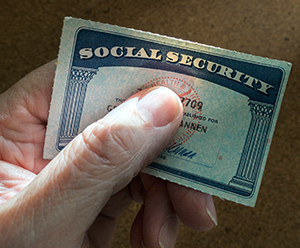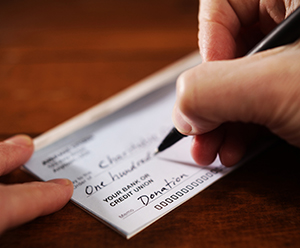 Anyone who gets mail also gets junk mail. And anyone who gets email also gets spam mail. For the senders of both forms of this junk it is the same principle: send something out to millions and hope a couple of hundred folks take the bait. That’s all they really need to thrive. Getting notices for plumbing services or vitamins is one thing, but when a spam email is really meant to steal your funds and/or identity then you’re heading into criminal activity territory.
Anyone who gets mail also gets junk mail. And anyone who gets email also gets spam mail. For the senders of both forms of this junk it is the same principle: send something out to millions and hope a couple of hundred folks take the bait. That’s all they really need to thrive. Getting notices for plumbing services or vitamins is one thing, but when a spam email is really meant to steal your funds and/or identity then you’re heading into criminal activity territory.
Why Is It A Nigerian Scam?
One of the most pervasive and longest running of these scams has been the Nigerian scam. Instead of annoying emails you can just delete and forget about, the Nigerian scam is backed a savvy bunch of con artists who know all kinds of tricks about how to steal your money. You might not think you can fall victim to such a blatant rip-off, but you’d be amazed at how many folks who have that same attitude fall prey every day.
Cyber law enforcement agencies have discovered that there are many various types of the Nigerian scam. It was given this name because most of the spam actually originates in Nigeria where gangs of sophisticated con artists are given safe haven. The basic scam begins when you get a an e-mail sent from someone who looks like a legitimate professional such as a lawyer, London barrister, government official or even some one posing as a U.S. service personal. After an introduction, the email goes on to talk about how there are in desperate need to transfer funds from an overseas bank account to an U.S. bank account. It’s the only way they can get access to these funds. All they need is a helpful American with a bank account. The reward for your transfer efforts is a big fat commission check. However, to get the process rolling, you need to send out money first to establish the link. Do that and that will be the last you’ll ever see of your funds.
 Asking For Charity
Asking For Charity
A more insidious version of a Nigerian scam occurs through asking for money for a charity. You’ll often see a rise in these kinds of scams after major natural disasters. That’s when the Nigerians con artists write up a pitch to prey upon your desire to help. Sadly, whatever money you send won’t be going to a legitimate agency.
 Shopping Test Scam
Shopping Test Scam
Then there is the offer of an amazing job to be a “shopping tester” for Western Union. For this, you’ll be sent cashier’s check with the instructions to to deposit that check in your own bank account and then send that a reduced amount of that check back through Western Union. You get to keep the balance. The problem is that original check is no good. By the time you figure this out, you’ve already sent your real money and that would be gone for good.
You can avoid getting caught up in these schemes by following some simple tips:
 Avoid The “Too Good To Be True” Emails
Avoid The “Too Good To Be True” Emails
This is gut check time. Would a random stranger really be offering you the chance of a lifetime with free money? Of course not. No matter how sincere they sound, if you don’t know who sent you an email, delete it.
 Hold Onto Your Info
Hold Onto Your Info
You should never send out any personal information through an email to a stranger. Suppose someone stopped you on the street and asked you you’re your social security number? Would you give to them? Of course not! The same principle applies with email.
 Give to Real Charities
Give to Real Charities
There is nothing wrong with wanting to give; just make sure you’re giving to the right person. Unless you sign up for notices from a charity organization, they won’t be sending your requests for donations.







